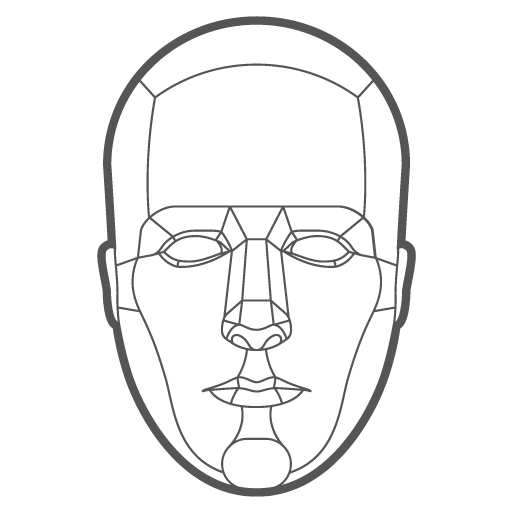This post is belongs to a series of posts on Reality and Mormon theology.
"Sin is not harmful because it is forbidden, but it is forbidden because it is harmful."
—Benjamin Franklin
This quote assumes the absolutism of reality. Certain acts are harmful regardless of what any consciousness wants (including God). These acts undermine happiness and we simply call these acts "sin". Wickedness is consistently choosing sinful behavior. According to LDS scriptures, "Wickedness never was happiness." (Alma 41:10) This verse implicitly defines wickedness as that sort of lifestyle that consistently makes people unhappy in reality.
The commandments of God show what will make people happy in reality. According to D. Todd Christofferson, "[God's] Commandments are the voice of reality." (April 2010 General Conference) They are instructions for how to navigate reality. When one obeys God's commandments he/she can see reality more clearly, because reality will give them positive feedback. This is the reason that Christ said, "If any man will do his will, he shall know of the doctrine, whether it be of God." (John 7:17)
If one believes that the commandments are burdensome, he/she does not understand the relationship between the commandments and reality. Consistently following the counsel of any religion will show whether or not that religion corresponds to reality.


